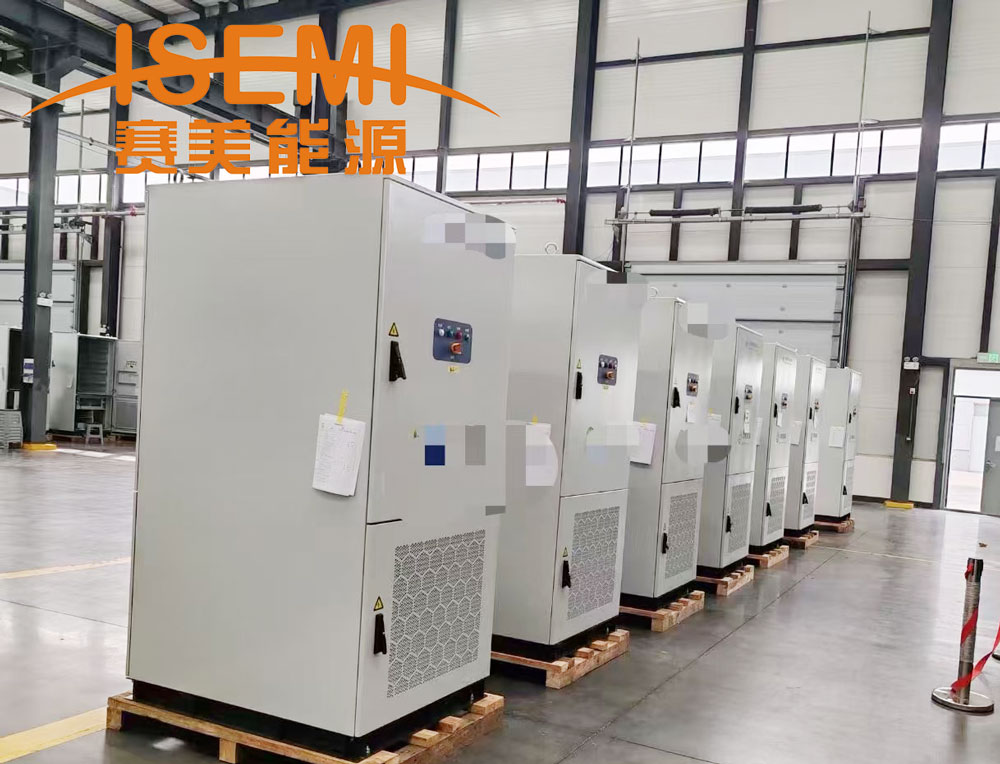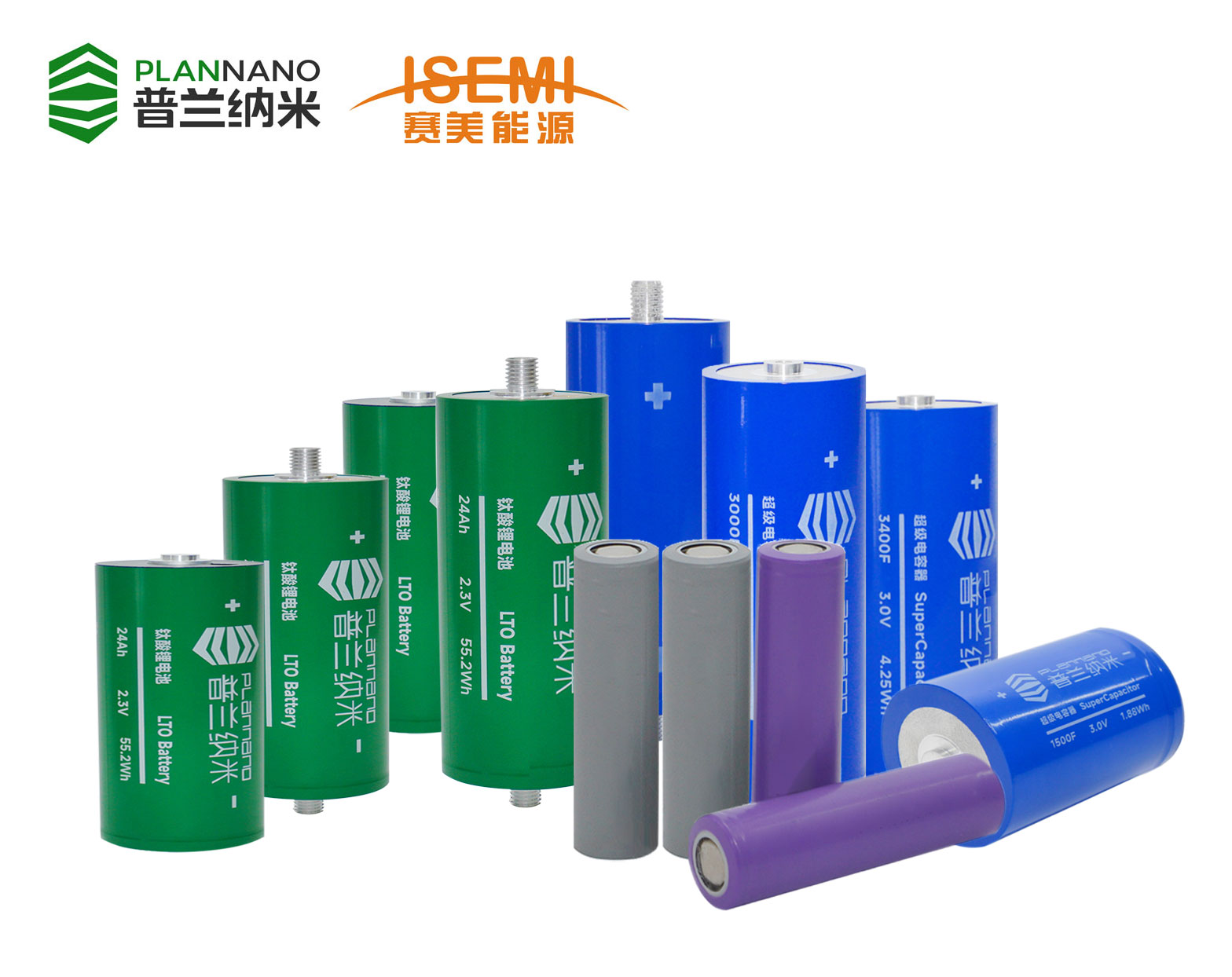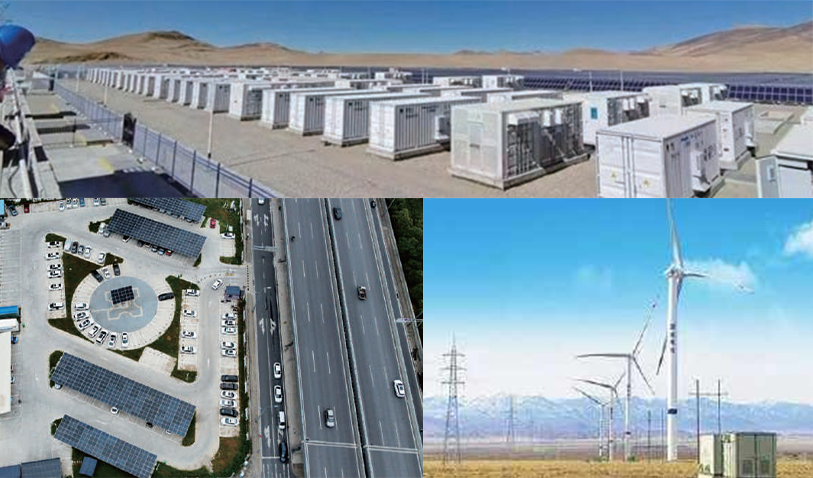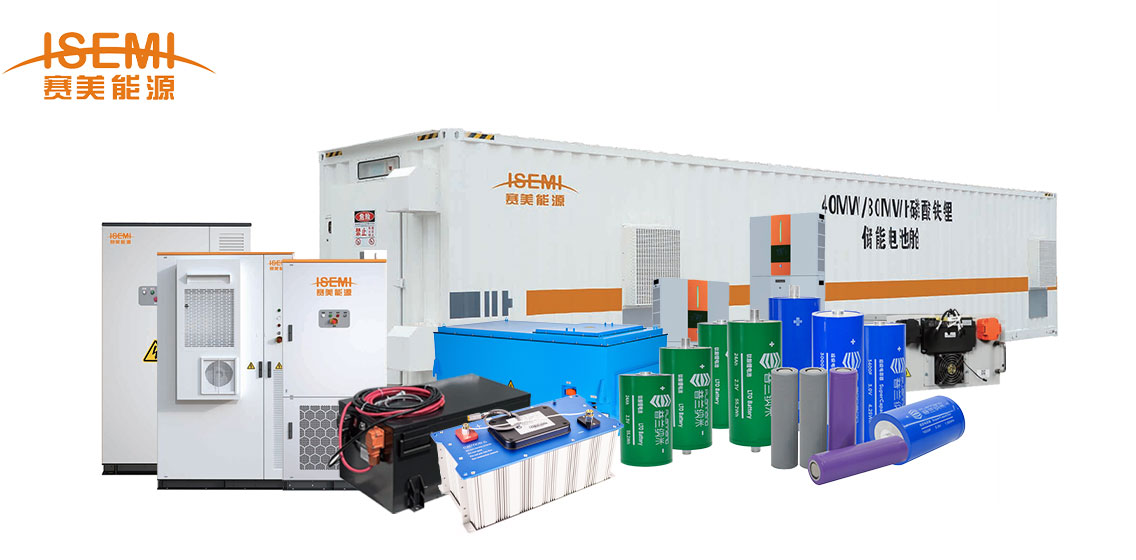Addressing Extreme Weather Challenges: SSC Energy Storage Systems Ensure Continuous Power Supply
In recent years, extreme weather events such as heavy rains, heatwaves, and cold snaps have become increasingly frequent, posing a severe challenge to the stability of power systems. Issues such as damaged power lines, equipment failures, and sudden drops in renewable energy generation often lead to power outages. Henan ISEMI Technology Co., Ltd. (ISEMI) has introduced the SSC Energy Storage System, which combines supercapacitors, lithium titanate batteries, and LFP batteries in a flexible configuration. This system has become a key solution for addressing extreme weather challenges and ensuring continuous power supply, with widespread application in secondary frequency regulation, shared energy storage, and millisecond-level UPS backup power systems.

I. Pain Points in Power Supply During Extreme Weather Conditions
The impact of extreme weather on power systems manifests in multiple dimensions: cold waves cause capacity degradation in traditional batteries and reduced efficiency in renewable energy, creating supply-demand conflicts with surging heating-related electricity consumption; heavy rains often trigger line short circuits and substation failures, with traditional emergency power supply responses lagging behind; typhoons cause significant fluctuations in wind and solar power generation, increasing grid frequency regulation difficulties, and the power system's risk-resilience capabilities urgently need to be enhanced.

II. SSC Energy Storage System: The Core of Power Supply Assurance in Extreme Environments
The SSC energy storage system is centered on “strong adaptability, high reliability, and rapid response capability,” providing comprehensive protection through the scientific configuration of diverse products.
(1) Lithium Titanate Batteries: Reliable Performance in Low Temperatures
Lithium titanate batteries maintain over 70% capacity at -30°C and have a cycle life exceeding 15,000 cycles. During cold snaps, they can serve as grid peak-shaving devices, storing off-peak electricity to alleviate peak-hour pressure; in off-grid photovoltaic systems, they collaborate with solar batteries to ensure stable power supply in remote areas during low temperatures.
(2) Supercapacitors: Emergency Rapid Response
Supercapacitors feature millisecond-level response speeds and a cycle life of over one million cycles. During extreme weather-induced power outages, they serve as the core of second-level UPS systems, providing seamless power supply switching for hospitals and communication base stations. During heavy rain-induced substation failures, they can sustain critical equipment operation until backup power sources are activated, ensuring low-temperature startup for emergency rescue vehicles.
(3) LFP Batteries: Large-Scale Energy Storage Guardian
LFP batteries have high energy density and excellent high-temperature stability, making them suitable for high-temperature and arid environments. In shared energy storage projects, they can store large amounts of renewable energy and quickly replenish power when thermal and hydroelectric power is limited or wind and solar power generation drops sharply. When combined with supercapacitors, they can smooth out wind power fluctuations and improve grid stability.

III. Multi-scenario implementation to strengthen disaster prevention and mitigation measures
In grid emergency power supply scenarios, the SSC energy storage system serves as the core of mobile power supply vehicles, providing rapid support for temporary power supply in disaster-affected areas; renewable energy power plants utilize its secondary frequency regulation function to stabilize output and enhance extreme scenario absorption capacity; critical facilities such as hospitals and communication hubs rely on its second-level backup power solutions to ensure continuous power supply during power outages.

IV. Henan Saimei Technology: Technological safeguards for power safety
Henan Saimei Technology leverages its ISEMI technology expertise to conduct rigorous extreme environment testing on core products such as supercapacitors and lithium titanate batteries. By integrating lithium-ion energy storage systems with SSC systems, the company provides customized solutions while maintaining strict quality control throughout the process. In the future, it will continue to optimize its technology, collaborate with industry partners to strengthen power disaster resilience, and ensure power safety during extreme weather conditions.

 EN
EN
 AR
AR BG
BG DA
DA NL
NL FI
FI FR
FR DE
DE EL
EL HI
HI IT
IT JA
JA NO
NO PL
PL PT
PT RO
RO RU
RU ES
ES TL
TL ID
ID UK
UK VI
VI TH
TH TR
TR AF
AF MS
MS BE
BE AZ
AZ BN
BN JW
JW KN
KN KM
KM LO
LO LA
LA MY
MY UZ
UZ KY
KY LB
LB XH
XH SR
SR
